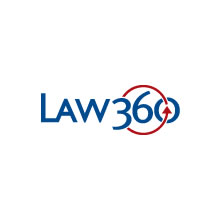On June 11, 2013, the Equal Employment Opportunity Commission (“EEOC”) filed two separate lawsuits against Dollar General and BMW Manufacturing Co. LLC, accusing each company of discriminating against Black job applicants through the improper use of criminal background screens. The aggressive positions taken by the EEOC in these cases demonstrate the agency means business with respect to cracking down on criminal background check policies that it feels are not consistent with its April 25, 2012 enforcement guidance on the use of criminal conviction and arrest records in employment decisions. The lawsuits also underscore the importance of reviewing existing policies in light of the EEOC’s emphasis on this issue.
For decades, the EEOC has taken the position that criminal background check policies pose a particular threat of adverse impact discrimination against Black and Hispanic job applicants in light of statistics showing that they are convicted at a rate disproportionally greater than their representation in the population. The agency’s first written policy guidance on the use of criminal background screens, published in 1987, explains that “the Commission has held and continues to hold that [criminal background check policies are] unlawful under Title VII in the absence of a justifying business necessity.” In April 2012, the EEOC issued new guidance on the topic (click here to read our April 30, 2012 blog entry on the EEOC’s guidance). Technically, the new guidance did not establish new rules. It undoubtedly illustrates, however, the increased scrutiny under which EEOC is reviewing criminal background check policies such as those at issue in the Dollar General and BMW lawsuits. READ MORE →









